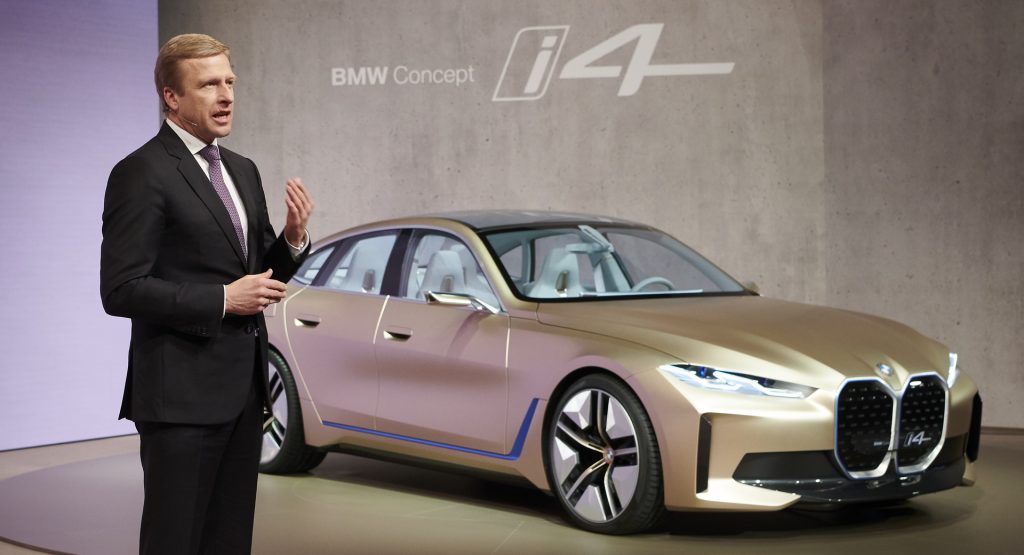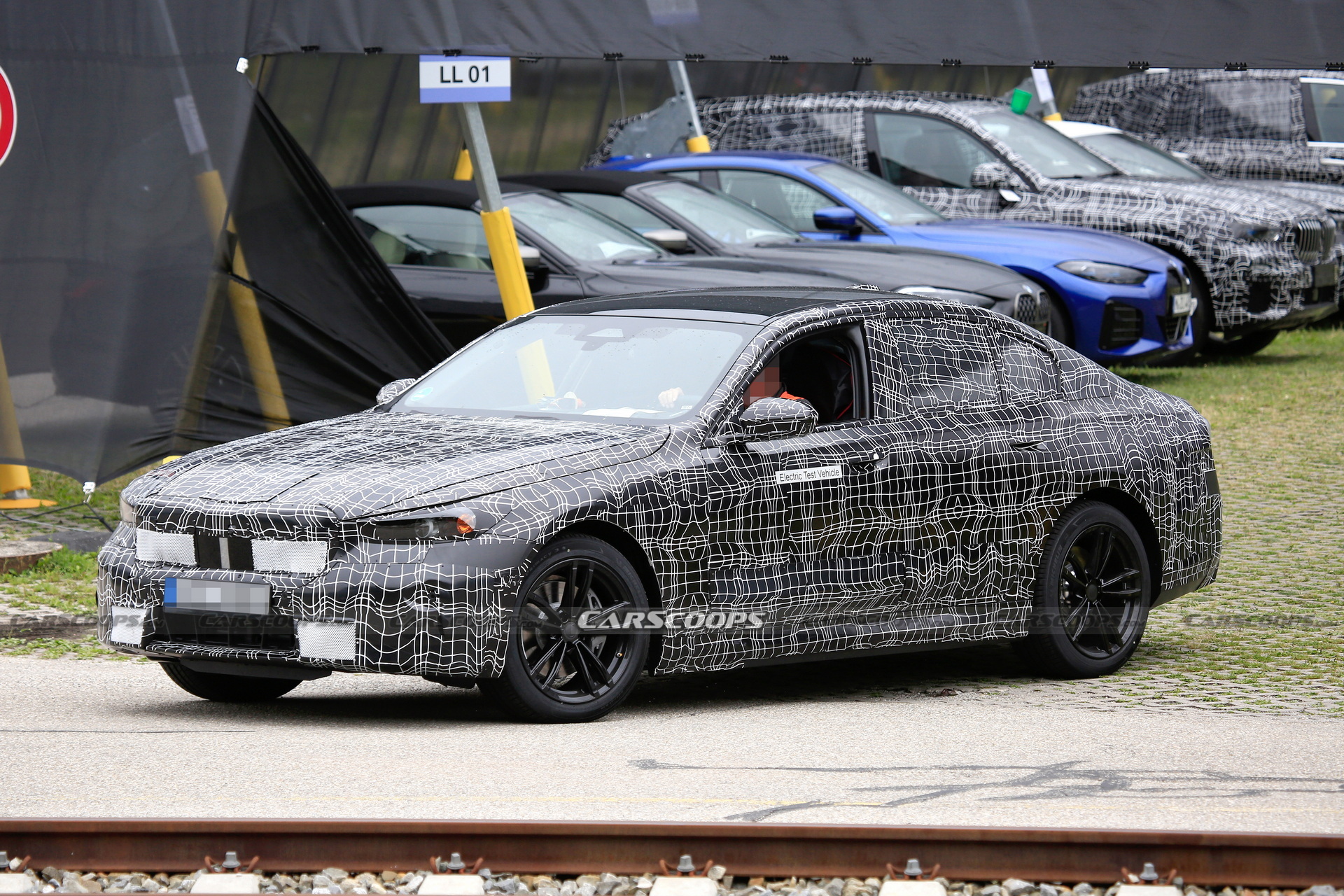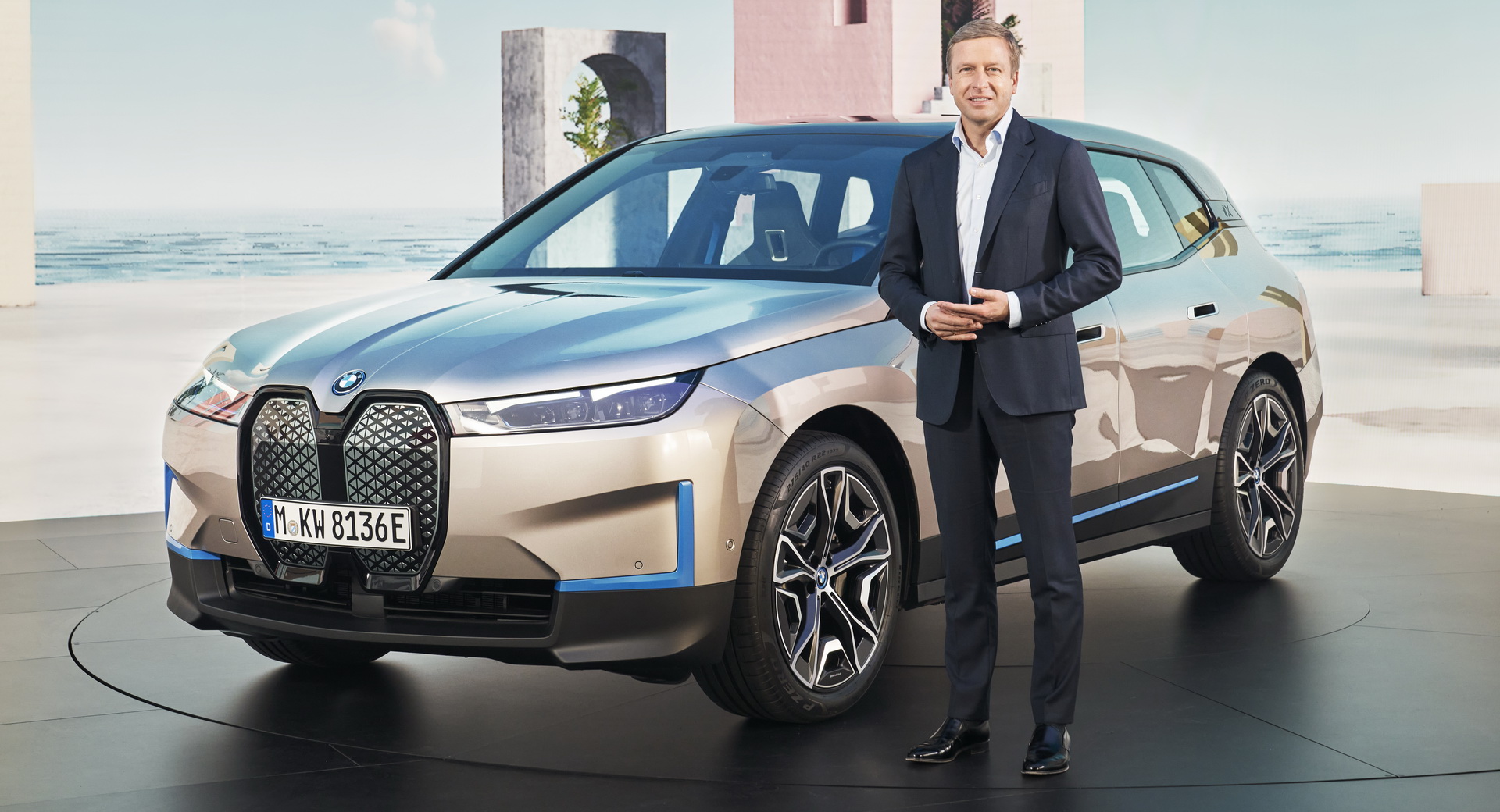Unlike many of its competitors, BMW won’t commit to an end date for its internal combustion engines. However, CEO Oliver Zipse said that the company will be ready for ICE bans as and when they come into force.
His comments came during a conference in the town of Nuertingen, near Stuttgart, reports Reuters. “We will be ICE-ban ready,” said Zipse. “If a region, a city, a country gets the idea of banning ICEs, we have an offering.”
However, Zipse appeared to cast doubt on whether such blanket bans were the best way forward: “The BMW Group is not worried about this. Whether it’s a good idea is another question… but we will have an offering.”
The EU has proposed a ban on the sale of fossil-fuel cars from 2035 as it focuses on combating global emissions. But although BMW expects half of its global sales to be EV by 2030, the Bavarian marque appears to think there’s life in the ICE yet.
Also Read: European Union’s Internal Combustion Engine Ban To Be Fought Against By Czech Republic
Last month, BMW development chief Frank Weber questioned whether both the system and consumers are ready for the shift, and cited reasons why the brand is avoiding a cut-off date. “The last thing we want is that customers have to buy electric cars, and there is no adequate charging infrastructure,” said Weber, speaking to Auto News.
The news of BMW’s readiness for ICE bans is unlikely to appease environmentalists, some of which have already sued the automaker for alleged climate change complacency. DUH, a German NGO, has accused BMW and Daimler of not doing enough to curb carbon emissions.
However, BMW has committed to electrifying their line-up, with the new iX and i4 EVs already being rolled out across markets. They will be followed by battery-electric derivatives of the 7-Series and X1 next year, with an EV 5-Series and Mini Countryman expected in 2023.






